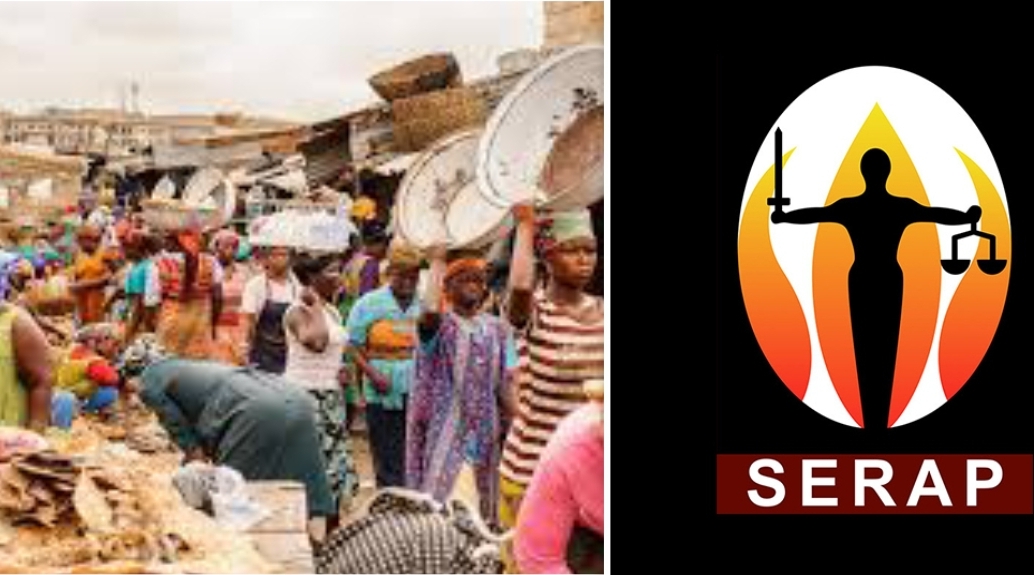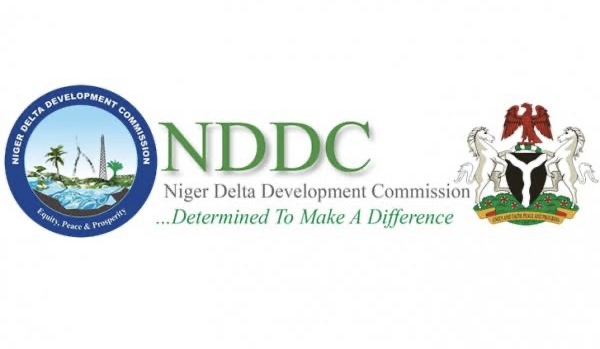27.4 million Nigerians earn below N100,000 per annum: Report

The Socio-Economic Rights and Accountability Project (SERAP) says 27.4 million Nigerians earn below N100,000 per annum.
It said the figure represented 48.9 per cent of persons living in poverty in the country.
It made the declarations at the launch of a report entitled: “The Ignored Pandemic: How Corruption in the Health, Education and Water Sectors is Plunging Nigerians into Poverty.’’
Presenting the report in Lagos on Thursday, Dr Elijah Okebukola, Senior Research Fellow at the Anti-Corruption Academy of Nigeria, an arm of the ICPC said the report’s survey covered the six geopolitical zones of the country.
The report states that 27.9 per cent of Nigerians living in poverty (more than 15.6 million) earned between N100,000 and N200,000 per annum.
It states that 10.7 per cent earned between N201,000 and N300,000 per annum while 12.5 per cent earned more than N300,000 per annum.
“Poor people are victims and not perpetuators of corruption in the health, education and water sectors.
“States did not have documented policies for helping people living in poverty or people earning low income to have access to healthcare, education and water.
“Even if these policies existed, they were not known to public officers who serve the people living in poor neighbourhoods,’’ Mr Okebukola said.
According to the SERAP report, 79 per cent of people living in poverty (more than 44.3 million Nigerians) relied on personal wells or boreholes for water supply.
The report showed that 34 per cent of people living in poverty, about 19 million Nigerians, did not use government’s medical facilities at all.
The report added that 5.2 per cent of people living in poverty (more than 2.9 million Nigerians) who went to government medical facilities were denied medical treatment in the last one year.
It also noted that 4.2 per cent (2.3 million) of people living in poverty had not received any direct poverty alleviation donation or support from government in the past one year.
SERAP declared that in spite of the absence or inadequacy of learning tools and infrastructure, people living in poor neighbourhoods believed that good quality education was provided in their schools.
The report recommended the amendment of the 1999 Constitution to recognise the socio-economic rights of Nigerians to quality healthcare, education and clean water as legally enforceable human rights.
It also recommended an increase in investments in public health, education and water services and an improvement of transparency and quality of information in government budgets.
SERAP also called on relevant anti-corruption agencies to jointly investigate and prosecute public officers allegedly involved in corruption in the education, healthcare and water sectors.
(NAN)
We have recently deactivated our website's comment provider in favour of other channels of distribution and commentary. We encourage you to join the conversation on our stories via our Facebook, Twitter and other social media pages.
More from Peoples Gazette

Politics
Katsina youths pledge to deliver over 2 million votes to Atiku
“Katsina State is Atiku’s political base because it is his second home.”

NationWide
Runway Overshoot: Dana plans refunds for customers after FG orders suspension of operations
The airline said it was processing refunds for affected flights over the next one month.

Education
Argentines protest budget cuts to public universities
The protestors are being joined by professors and students with their union leaders.

Sport
EPL: Everton hand Liverpool major upset in title race; Bruno Fernandes’ brace helps Man United return to winning ways
If City win the two games, they will go top of the table.

Heading 3
FRSC collaborates with judiciary for speedy trial of drivers involved in road crashes
“All drivers and vehicle owners who caused crashes on the roads would definitely face the wrath of the law.”

Africa
Tanzania shuts down five hydro stations to reduce excess power on national grid
This is the first time the country will be shutting its hydroelectric stations over excess production.









